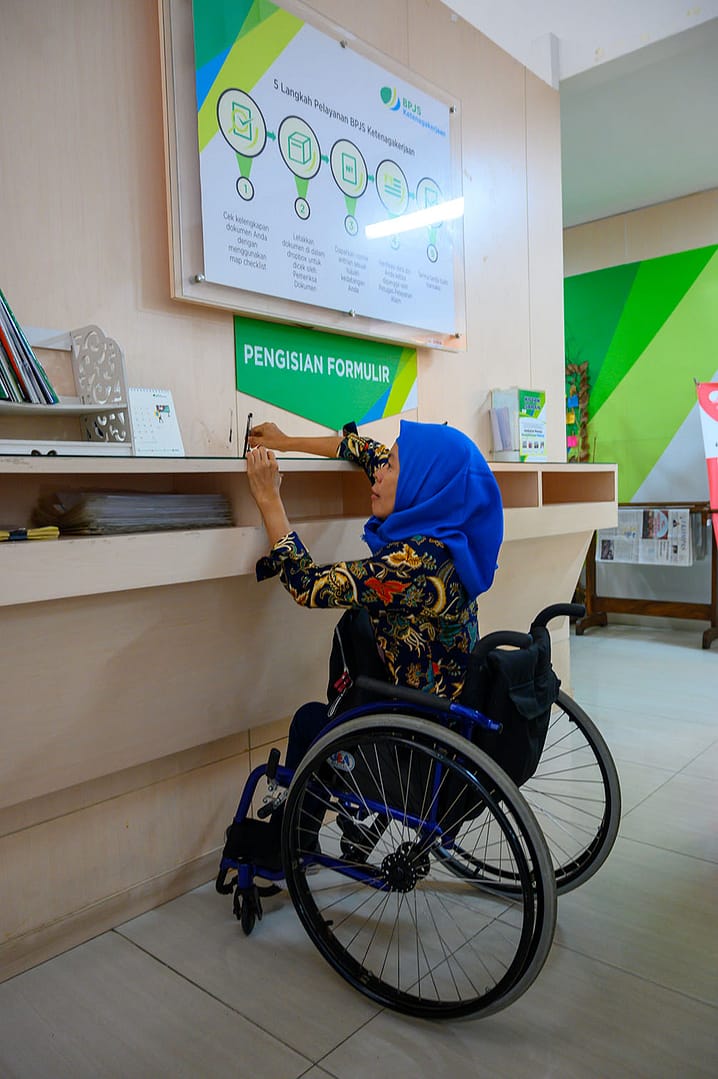Human Rights Days 2024
The theme of Human Rights Day 2024, “Our Rights, Our Future, Right Now” emphasises the urgency of recognising and upholding human rights as the basis for a peaceful, equal, and sustainable future. This is relevant to persons with disabilities, who often experience discrimination and barriers that inhibit their full participation in society.
Emphasising the urgency of human rights, the theme of the Human Rights Day 2024, calls for the removal of barriers that prevent persons with disabilities from accessing education, employment, healthcare, and community life. It advocates for transforming support systems to be inclusive and empowering, enabling people with disabilities to live independently, participate fully in all aspects of life, and be involved in decision-making processes.
In other words, the theme human rights day – “Our Rights, Our Future, Right Now” – is a call to immediate action in realising the rights of persons with disabilities so that their future is ensured to be inclusively and equitably advanced.
Activities in the realisation of the rights of persons with disabilities:
- Policy Reform and Implementation: Governments should enact and enforce legislation that aligns with the Convention on the Rights of Persons with Disabilities (CRPD), ensuring non-discrimination and equal opportunities in all sectors.
- Accessible Support Systems: Develop community-based support systems that facilitate independent living and social inclusion for persons with disabilities, moving away from institutionalisation.
- Inclusive Education and Employment: Ensure equal access to quality education and vocational training for persons with disabilities, preparing them for gainful employment and economic independence.
- Participation in Decision-Making: Involve persons with disabilities and their representative organisations in policymaking processes to ensure that their perspectives and needs are adequately addressed.
- Public Awareness and Attitudinal Change: Implement campaigns that debunk negative stereotypes and foster positive perceptions about persons with disabilities to engender a culture of respect and inclusion.
- Data Collection and Monitoring: Impose a system of data collection on a disaggregated basis to monitor the implementation of disability-inclusive policies and identify areas that need improvement.



